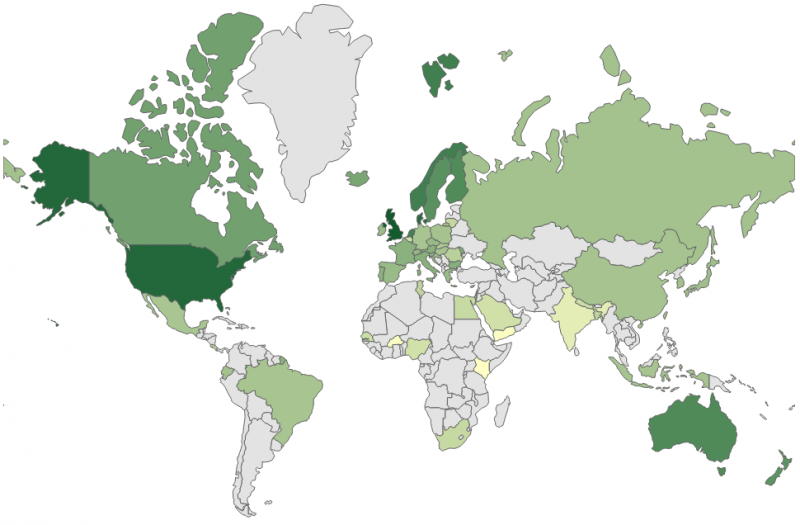First published as an op-ed at Al-Jazeera English.
Privately owned publications and governments threaten to cut to the bone of intellectual freedom in science.
Last Friday, popular science magazine Scientific American (SciAm) removed a blog post by a black female scientist and blogger discussing a recent professional exchange and the issue of integrity.
The incident – which SciAm justified by claiming that her article was not “scientific enough” – highlights the insidious forms of censorship in the science and research worlds.
So what exactly happened? Danielle Lee, a scientist and blogger at SciAm-hosted blog Urban Scientist, had been approached by a staff member of Biology-Online.org – referred to as “Ofek” – to contribute an article. When Lee asked for compensation details and learned she’d be writing for free, she kindly turned down the offer. In response, Ofek called her a “whore”. Consequently, Lee wrote a post on her SciAm-hosted blog addressing integrity and misconduct in science. Shortly afterwards, the post was removed without any explanation or prior notice.
Following SciAm’s seemingly arbitrary decision, a few scientists and bloggers started drawing attention to this bizarre development. Some noticed that Biology Online is SciAm’s partner; others (including yours truly) re-blogged the original post so everyone could read it. SciAm started getting a lot of heat. Pressing questions and critical debate followed, but SciAm’s editor-in-chief Mariette di Christina responded with two magnanimous tweets. The first one explained that pulling the post down is due to insufficient scientific content; the second one claimed the partnership between SciAm and Biology Online has nothing to do with the removal.
So on the face of it, a woman is called a “whore” in a professional setting, and then denied a voice in this environment to discuss her (mis)treatment. Uh oh, SciAm. I saw the regular blame-the-victim rhetoric on Twitter, too.
But wait: This isn’t the first time SciAm has removed content on the basis of “not [being] ‘sciencey’ enough”. Back in August 2013, the MIND Guest Blog published a post on sexual harassment female scientists encountered at work. The post was removed. At that time, Karen Stollznow, a prominent linguist, wrote about years of harassment escalating in job-related retaliation and even physical assault. SciAm removed her guest post (that is, content published after editor’s approval) without prior notice. When she asked about the rationale, it emerged that Stollznow’s employer involved their legal department in the matter, and in doing so potentially intimidated SciAm into action.
Let’s say, SciAm got swamped under a sudden wave of timidity. But have a look at a Slate editor’s note on a piece entitled “Skepticism and Secularism Have a Serious Sexual Harassment Problem”, describing Stollznow’s experience. The piece, available thanks to the WebArchive, tells of traumatising stalking and aggression by a fellow male scientist that began in 2009. Apparently, such an account “did not meet [Slate‘s] standards for verification and fairness, and we have taken it down”, says the editor’s note. Really, Slate?
Continue reading


